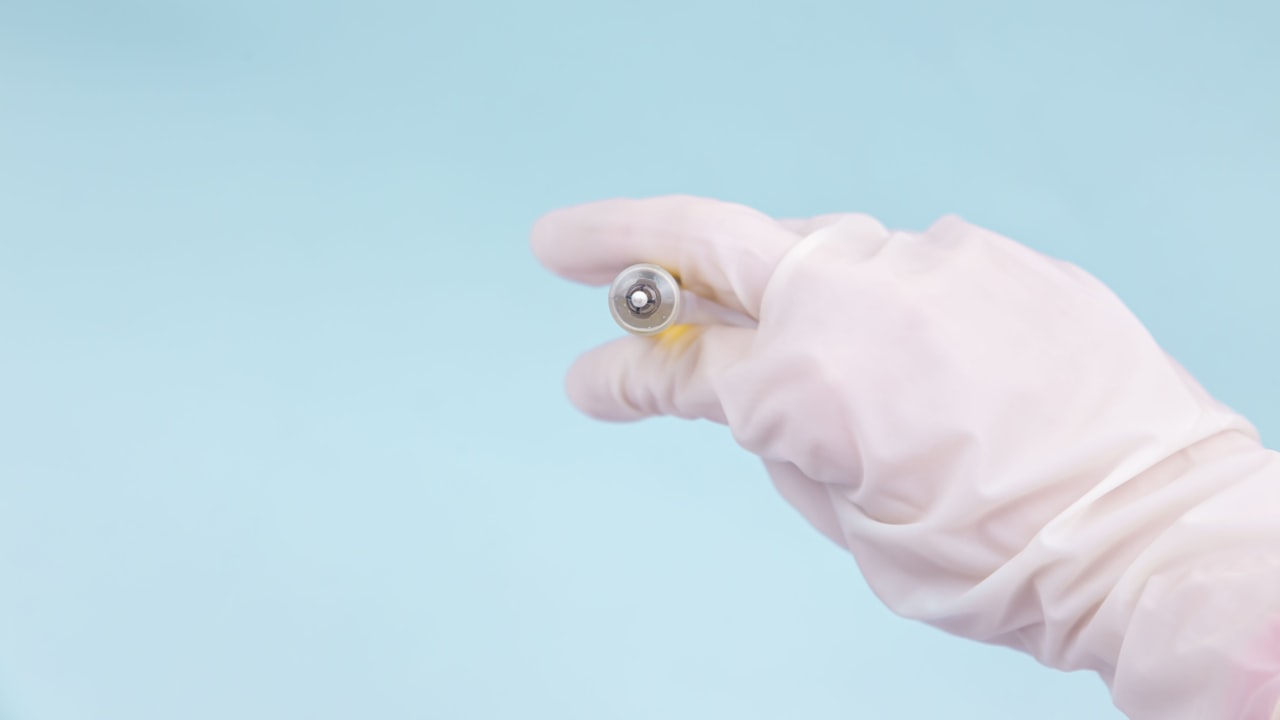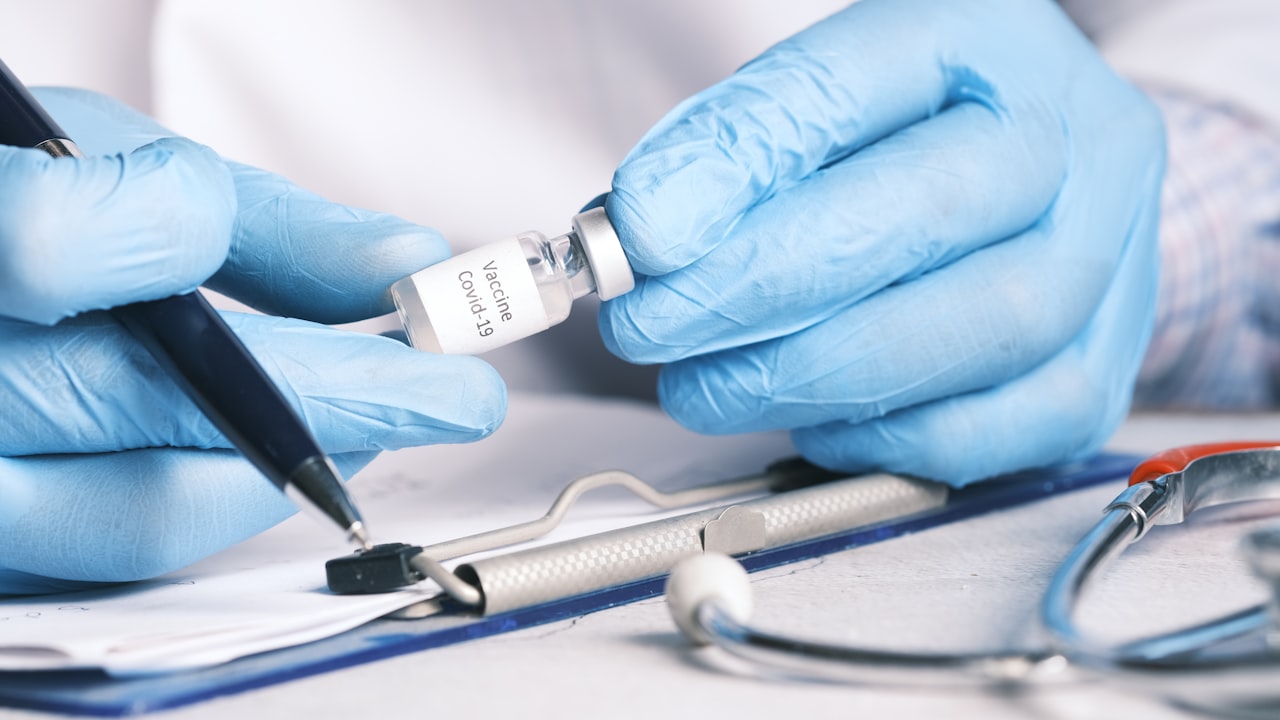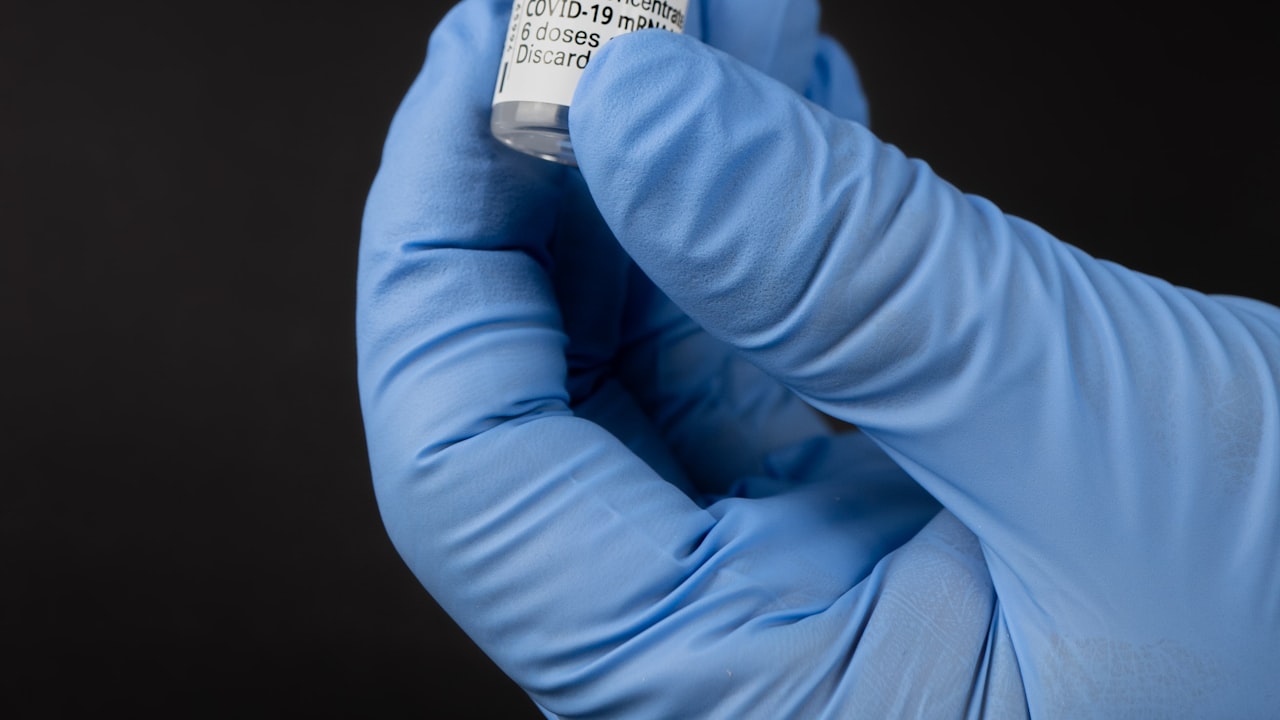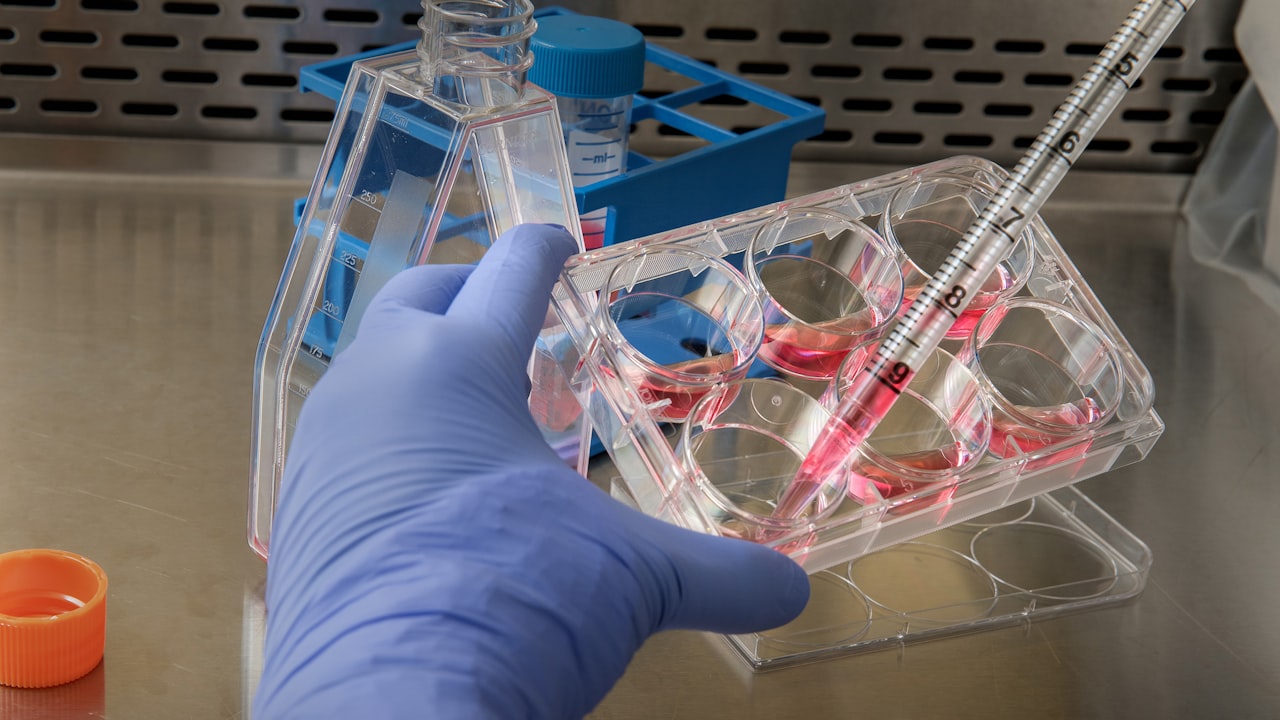 Title: Designing Precision Injection Mold: Key Concepts for Success
Title: Designing Precision Injection Mold: Key Concepts for Success
Injection molds are crucial tools in the manufacturing industry, especially for producing plastic parts in large quantities with high precision. To ensure the success of injection molding projects, it is essential to focus on designing precision injection molds. This article will delve into the key concepts that injection mold factories and suppliers need to consider to achieve optimal results.
First and foremost, the design of an injection mold plays a significant role in the overall quality of the final product. Precision in the mold design directly impacts the accuracy and consistency of the molded parts. Injection mold factories must pay close attention to factors such as wall thickness, gate design, cooling system, and ejection mechanism to ensure that the mold will produce parts that meet the required specifications.
In addition to precision design, material selection is another critical aspect of injection mold production. The choice of mold material can influence the mold’s durability, heat resistance, and overall performance. Injection mold factories should work closely with reliable suppliers to source high-quality materials that are suitable for the specific requirements of the project. Collaborating with a reputable injection mold supplier can help ensure that the final mold will meet the desired standards of production.
Furthermore, the application of advanced technologies in injection mold design and manufacturing can enhance efficiency and accuracy. Utilizing computer-aided design (CAD) software enables engineers to create detailed and intricate mold designs with precision. Injection mold factories that invest in state-of-the-art machinery and equipment can improve production processes, reduce lead times, and minimize errors during manufacturing.
Effective communication and collaboration between injection mold factories and suppliers are key to successful mold design and production. Clear and open lines of communication allow for the exchange of ideas, feedback, and updates throughout the project lifecycle. By fostering a strong partnership, both parties can work together to address any challenges or modifications needed to optimize the mold design and production process.
In conclusion, designing precision injection molds requires careful attention to detail, collaboration with reliable suppliers, and the integration of advanced technologies. Injection mold factories and suppliers that prioritize precision in design and production can achieve superior results in terms of product quality, efficiency, and overall success in the competitive manufacturing landscape.

 Title: Designing Excellence: The Art of Injection Moulds
Title: Designing Excellence: The Art of Injection Moulds Title: Designing Precision Injection Mold: The Key to Perfect Plastic Products
Title: Designing Precision Injection Mold: The Key to Perfect Plastic Products Title: Designing Precision Injection Molds for High-Quality Production Processes
Title: Designing Precision Injection Molds for High-Quality Production Processes Title: Designing Precision Injection Molds for Optimal Product Quality
Title: Designing Precision Injection Molds for Optimal Product Quality Title: Designing Precision Injection Molds: Key Considerations and Best Practices
Title: Designing Precision Injection Molds: Key Considerations and Best Practices Title: Designing Precision Injection Molds for Optimal Plastic Production
Title: Designing Precision Injection Molds for Optimal Plastic Production Title: Designing Precision Injection Molds: Key Considerations and Techniques
Title: Designing Precision Injection Molds: Key Considerations and Techniques